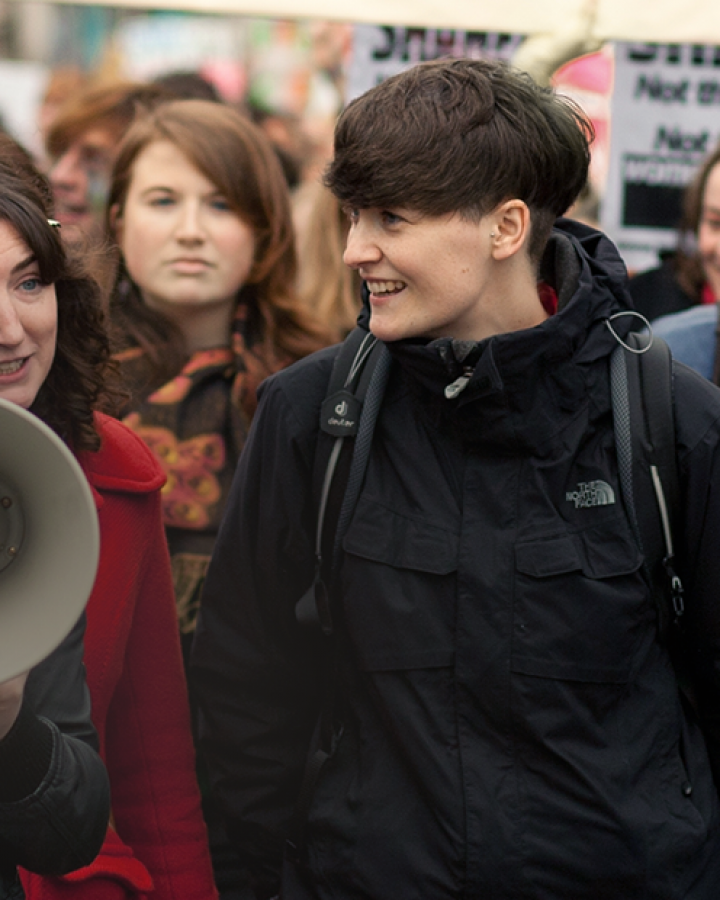
Leadership Resources
The following information is for all NCJW leaders — from the section to the national level. The resources included here provide basic and essential information that will assist you in accomplishing your NCJW work.
Filter
All Section Resources
Tools for Section Presidents & Leaders
- Bylaws and Policies & Procedures
- National Services, Processes, & Information
- Governance & Board Engagement
- General Leadership
